 Suella Braverman cited Rishi Sunak's failure to stick to the terms of the deal in her scathing departure letter following her sacking as home secretary earlier this month < p >Rishi Sunak agreed to raise the migrant wage threshold to £40,000 as part of a deal he struck with Suella Braverman, according to a copy of the agreement seen by the Telegraph.
Suella Braverman cited Rishi Sunak's failure to stick to the terms of the deal in her scathing departure letter following her sacking as home secretary earlier this month < p >Rishi Sunak agreed to raise the migrant wage threshold to £40,000 as part of a deal he struck with Suella Braverman, according to a copy of the agreement seen by the Telegraph.
Mr Sunak agreed to the four-point migration plan as he sought its support during his election campaign last year, Ms Braverman's allies say.
Chief among them was a promise to raise the minimum wage required for a foreign skilled worker visa from £26,000 to £40,000. The proposal was publicly backed last week by Boris Johnson, the architect of the post-Brexit points-based migration system.
A copy of the migration agreement seen by The Telegraph shows they propose to close the graduate visa route, limit the number of dependents legal migrants can bring and give priority to Russell Group university applicants when considering student visa applications.< /p >
Ms Braverman cited the prime minister's failure to honor the terms of the agreement in her scathing departure letter, which she published after sacking as home secretary earlier this month.
Details of the agreement emerged days after official data showed net migration reached a record 745,000 in the year to December 2022, three times the level before Brexit and destroys the Conservative manifesto of a 2019 commitment to reduce the total below 239,000.
Mr Sunak has not denied discussing policy options with Ms Braverman or the existence of the document, but Downing Street rejects any characterization of the agreement as a deal.
'I am continuing to follow through'< p>Mr Sunak said to the Mail on Sunday: «Of course you talk to people when you're in a leadership election, not just Suella.» Asked if he was worried about her providing evidence of the deal, he replied: “That’s a question for her. I will begin the actual delivery.”
Sources close to Ms Braverman said the deal was not signed by Mr Sunak but was agreed to verbally — and in front of witnesses — on multiple occasions and that he left the meeting with a physical copy of the document.
They argued that after she agreed to the deal and became Home Secretary, No 10 did not take legal migration seriously, saying instead that small craft were a major public concern.
Six letters, each setting out detailed policy options and sources close to the former home secretary, sent to No. 10 by Ms Braverman or her office were ignored. In one of them, in November 2022, a few weeks after her appointment, she said that she had instructed officials to “develop a series of proposals.”
“Our manifesto promise to reduce immigration totals is under threat from recent visa trends… we can and must deliver on our manifesto promise to reduce immigration totals in a way that is consistent with supporting economic growth,” she said. /p>
The letter outlines two additional proposals: one to cap overall visa rates, the figures for which are set annually by Parliament, and the second to abolish the shortage occupations list, under which employers can hire foreign workers at a rate 20 percent below the current rate. This was recommended by the government's Migration Advisory Committee (MAC).
Tackling net migration was a central point of the agreement, which began with a warning about record numbers of visas being issued, including «a significant increase in the number of international students from developing countries visiting non-Russell universities for the Master of Business Studies program with dependents.»< /p>
He suggested: “Ah. Close the graduate visa route. B. Limit the number of dependents. C. Prioritize specific universities and courses. D. Raise the skilled wage threshold from £25,000 to £40,000.”
In her November 2022 letter, she advocated replacing the two-year graduate visa with a four-month stay, where international students could seek employment work and can change their visa from a student to a work visa. This was consistent with the 2018 MAC recommendation.
In May, Mr Sunak announced a ban on almost all PhD students bringing in dependents other than those on research programs, in what he called the toughest measure in recent years reduction in net migration.
However, he said he was under pressure to go further. Robert Jenrick, the immigration secretary who signed Ms Braverman's latest letter in October this year, is pushing for a ban on care workers bringing dependents and restrictions on health and welfare visas.
No 10 is «actively considering» measures which are understood to include restrictions on dependents of care workers and raising the skilled worker wage threshold. On Sunday, a spokesman said Mr Sunak had made it clear he believed migration was too high and needed to be brought down to more “sustainable” levels. They noted that growth was slowing and added: “We are ready to step up and do more.”
“Swella had political principles.”
However, a Conservative ally of Ms Braverman said: “The Prime Minister needs to continue deliver on the promises of our 2019 manifesto, rather than trying to deceive people with warm words and vague promises. Suella made it very clear what needed to be done, but he simply ignored her. That's why they didn't like her — because she had political principles.»
Ministers are expected to make final decisions this week on the new treaty with Rwanda and the bill declaring it safe after those policies will be declared illegal. by the Supreme Court.
The bill would enshrine in law a treaty under which Rwanda would commit not to expel any migrant deported from the UK. The move is intended to address major criticism from the Supreme Court that asylum seekers could be returned to their home countries and face persecution.

















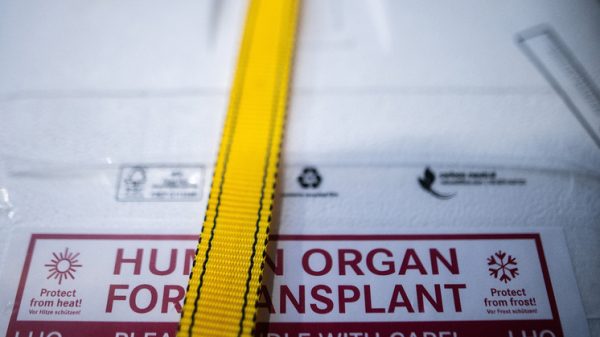
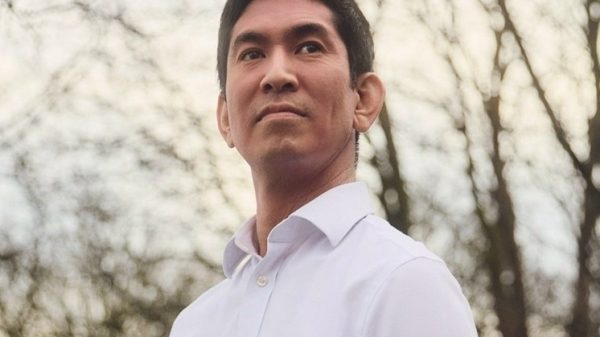

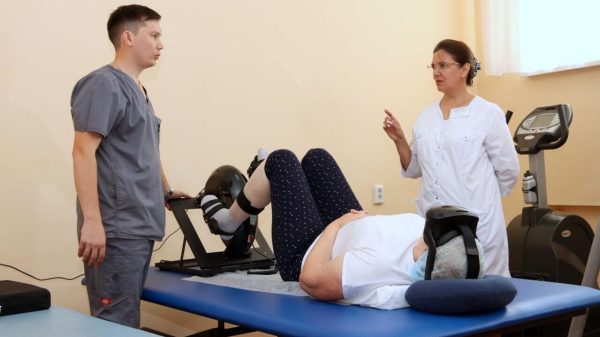
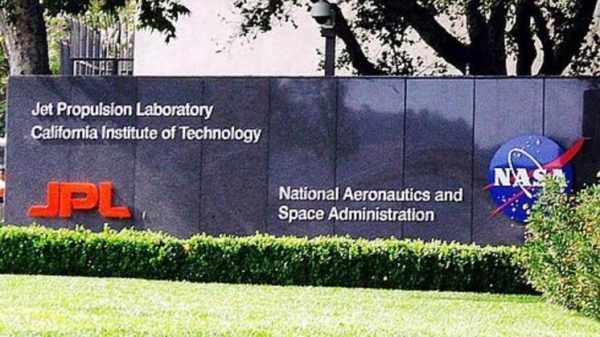
















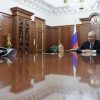















Свежие комментарии